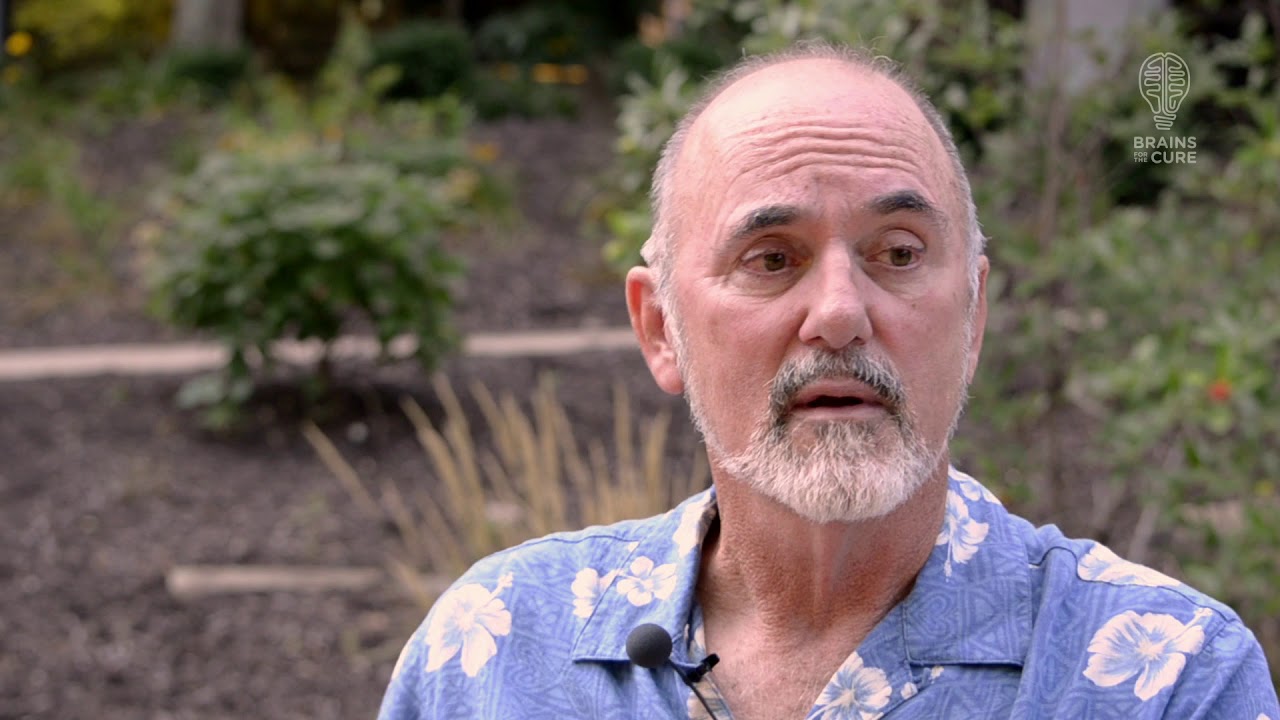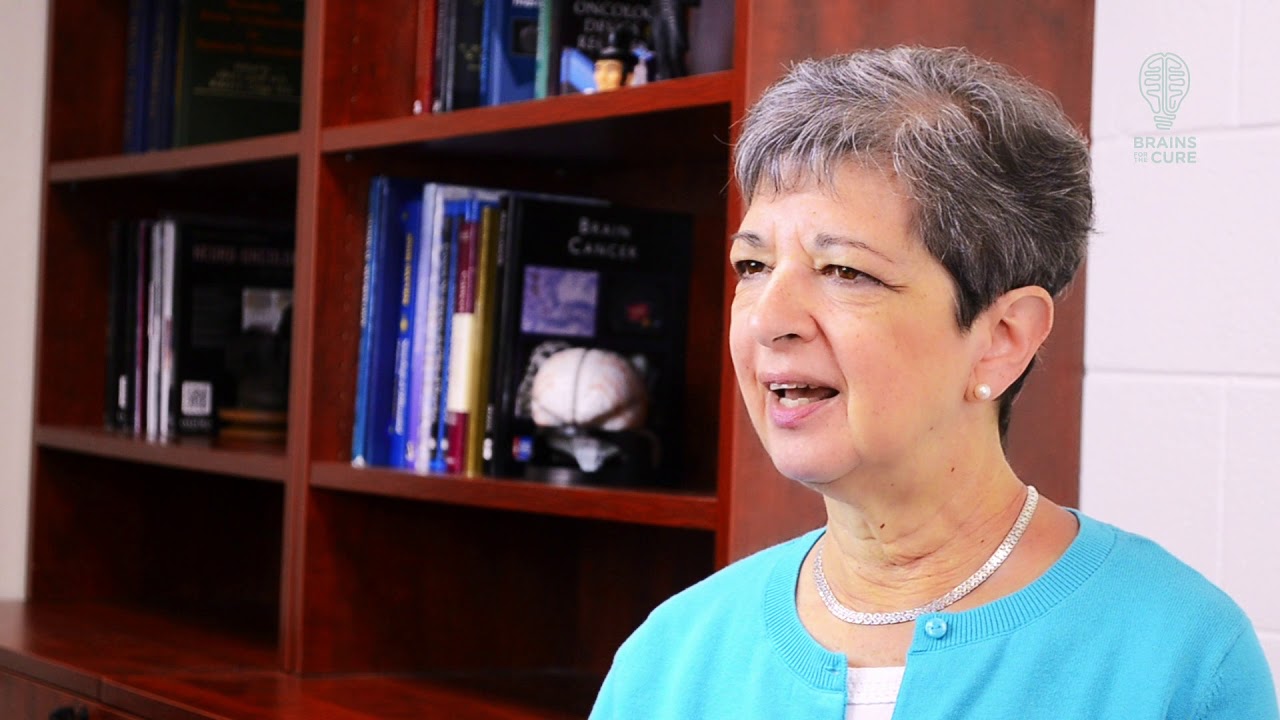Embracing My New Patient Identity
The thought of embracing my new identity as a brain tumor patient was a daunting journey filled with uncertainties and challenges. However, it was essential to remember that my identity is not solely defined by my medical condition. While it undoubtedly plays a significant role in my life, it doesn’t overshadow the other aspects of who I am as a person. Here are some steps that helped me navigate and embrace my new identity:Acknowledge Your Feelings: It’s okay to feel a range of emotions, including fear, anger, sadness, and even relief.
April 11, 2024

